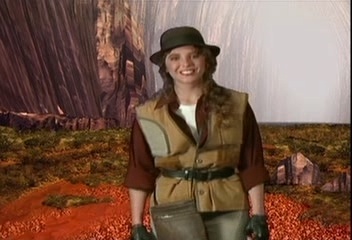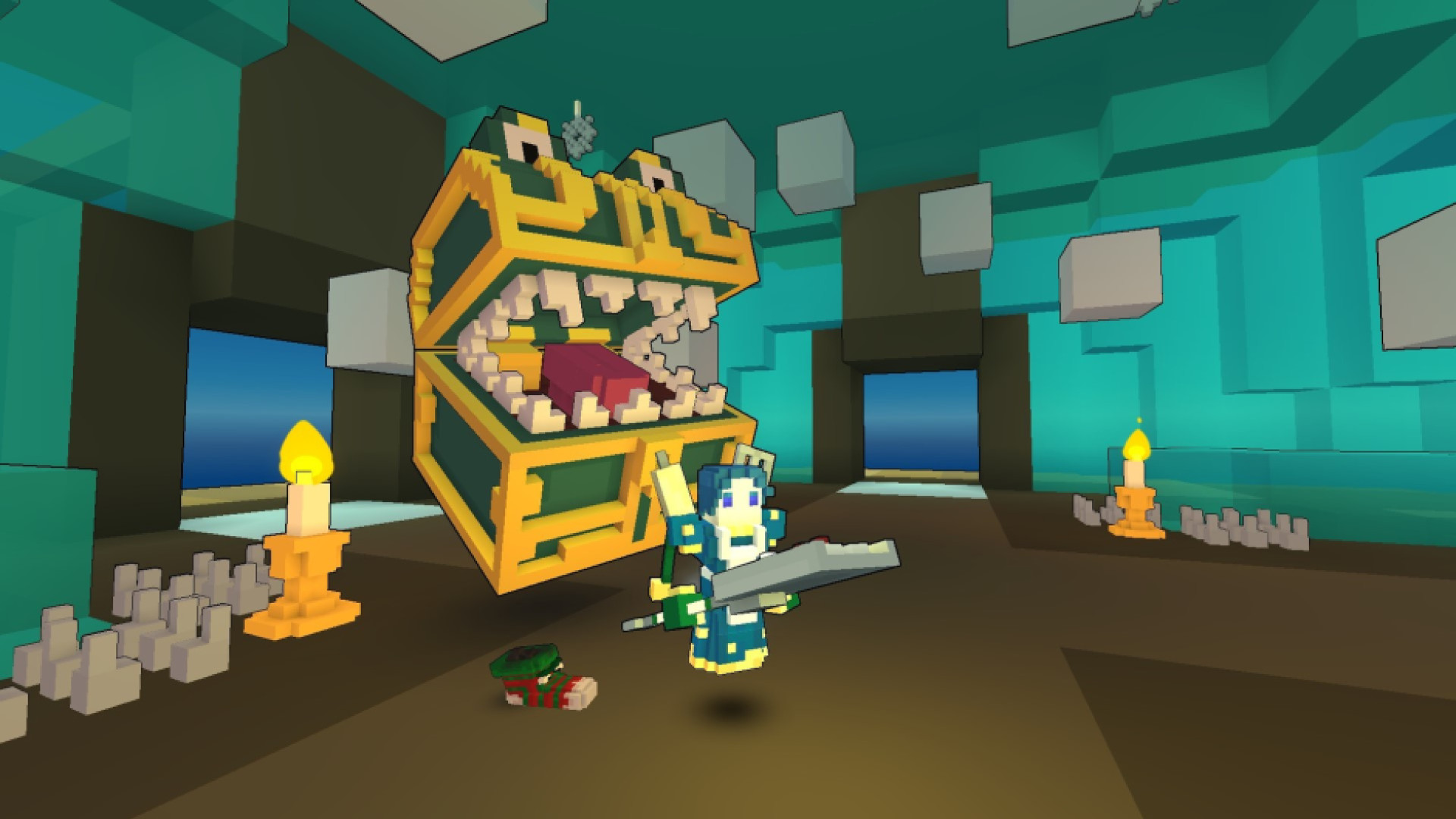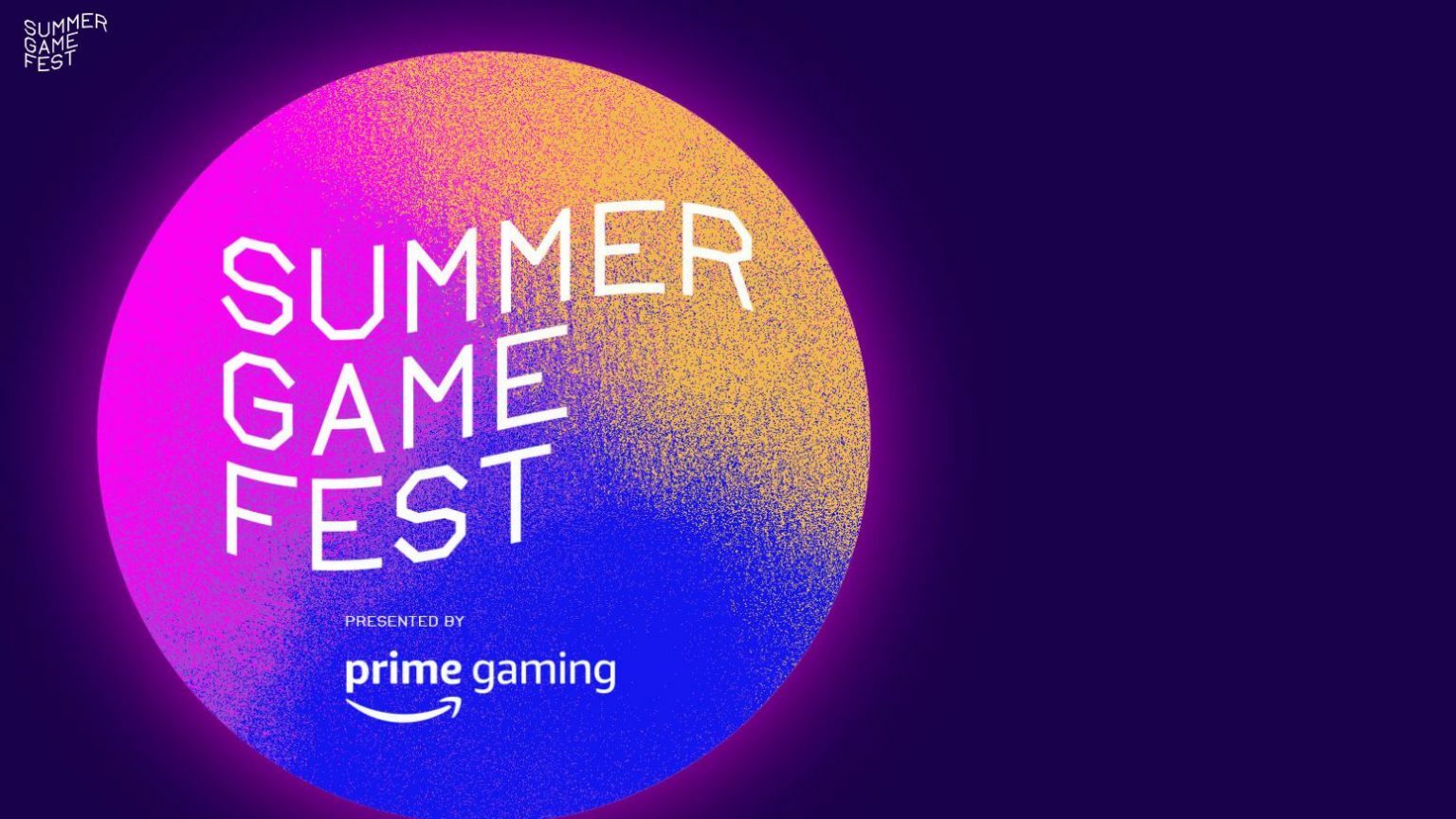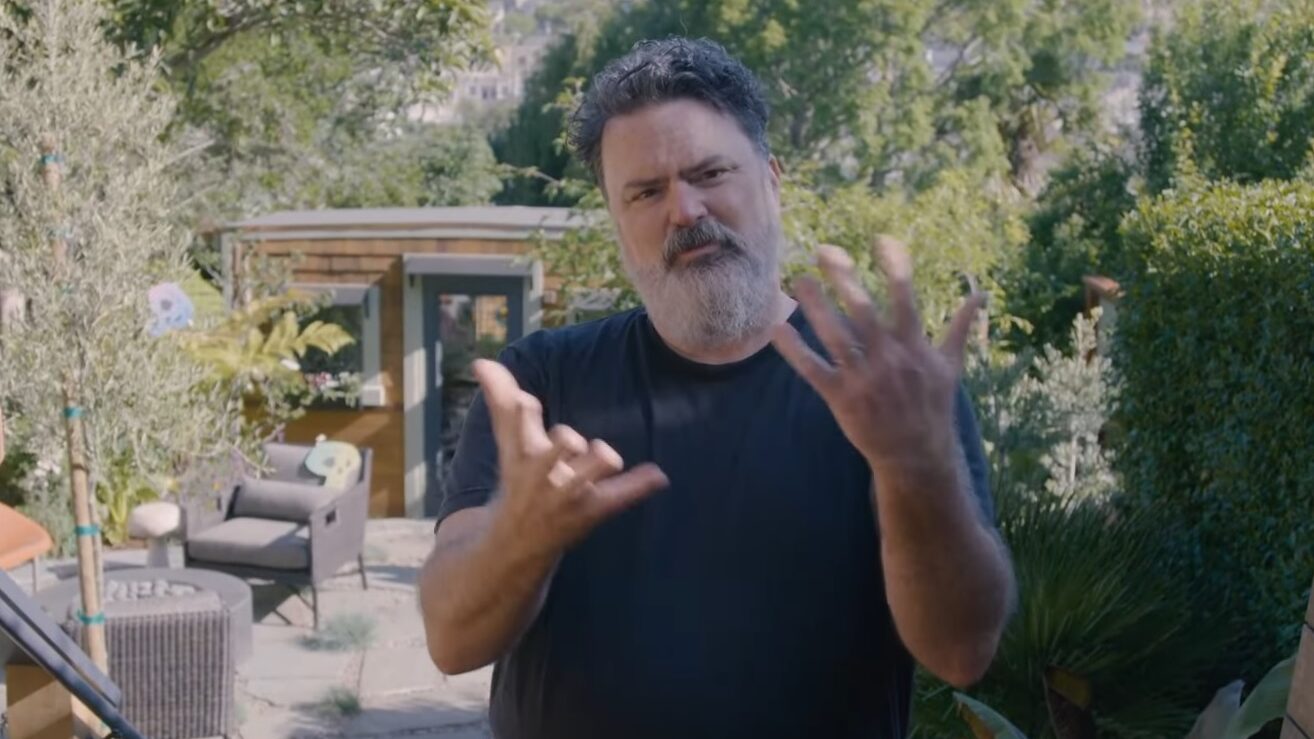Share
On the Spirit of Adventure
A few nights ago, my significant other had a small request of me to make chicken parmesan. Now, I do know how to somewhat cook, but most of my knowledge is what my dad patiently taught since early on, from baking meatballs and bacon in the oven instead of frying and the perfect American potato salad; sweet with Miracle Whip and topped with paprika. Besides grilling, any Italian dish you can think of is my dad’s area of expertise, always knowing the precise moment to drain pasta, or golden fry a chicken breast with egg, olive oil, and breadcrumbs, then layer it with a melty tomato-basil mixture and place in a baking dish topped with fresh mozzarella. Make sure to remove it from the oven just as the edges turn a dark brown! My dad never really talked about his childhood, but conversed through teaching how to make the very same dishes he enjoyed growing up as an Italian-American in the suburbs of New York City during the 1950s.

My dad is also all about adventure, and, through this character trait, became my earliest chief advocate of learning through experiencing. I still remember the feeling of pine needles on my arms, as I slept under the stars with my siblings in our treehouse he made for us when we were toddlers. We would also regularly go on hikes throughout New Jersey, the former boy scout in him showing us how to pick the best hiking stick and how to tell time from your own shadow. Our walks in the woods weren’t limited to hiking only; summer getaways generally consisted of a tent and accompanying camping gear. There were scary stories around the fire, most told by my animated oldest brother; whom, in this act, stories became more of an interpretative dance piece rather than narrative. I learned how to embrace nature and all the things she holds dearest; that, as a five-year-old, complete immersion and discovery of my senses, even taste, was always at hand and supported, especially by my dad.
Infocom: The Daddy of Text-Based Adventures
Infocom was spearheaded by a group of students at MIT in Boston during the late 1970s, with their first product, Zork, released in 1980. In what seemed to be overnight, Zork attracted a cult following, with many businessmen and active readers utilizing their work computers for “side projects” that were really just games developed by Infocom. Zork was available on the earliest personal computers, as Infocom was successful with both their marketing and narrative engagement to keep fans hooked. The original Zork “…really became a hit after the Apple II version sold over 6,000 copies…” (Briceno, et al. 14). The team developed text-based adventure titles, utilizing “a parser [that] sifted through an English sentence, looking for noun clauses, prepositions, adjectives, and other clues to ‘understand’ the user’s input” (7).
Essentially, text-based adventure games consist of a player utilizing an interface containing encoded text, as the interface attempts to respond to inputted instructions from the player. It is almost as if a computer is guiding the player on the adventure, as the player uncovers the world they are exploring through detailed responses from the interface, especially in terms of setting, narrative, and character. Infocom was best known for this style of gaming; not only through their Zork series but also through the development of hardware appropriately named the Z-machine, with a “design revolved around an object tree structure representation. Objects represented…rooms, items, players, enemies, and weapons…objects [also] had attributes that described what they could do. For example, an object could be ‘takeable’, which meant that the player could carry it around the game. Each object also had parents, siblings, and children to represent their relationship to other objects…this hierarchical relationship made it simple to describe where objects resided” to the Z-machine (11). Additionally, graphics, simply put, were abysmal at the beginning of the 1980s. Consequently, this factor was attributed to much of the company’s early success. Infocom’s focus was on narrative above all (right…right?); that a simple belief in the power of the imagination was better than the primitiveness of graphics available at the time.

SendING out the Feelies
The games were eventually published in-house. By doing so, Infocom saved on marketing costs, as well as opening themselves up to creative measures of packaging their product and preventing piracy as well. “Infocom was creating unique, extensive, creative packages for every new game, with each new release outdoing the previous ones…(24). Called “feelies”, these pieces were interactive physical inserts in the game packaging that helped prevent piracy of Infocom’s games by placing important game completion information inside the box. Some “feelies” were even created with invisible ink and marker sets.

Overall, Infocom as a company was said to initially be a collaborative environment, where game testers were encouraged to write narrative adventures, many moving up from said position to writers. Called Implementors, or affectionately, “Imps”, these employees would later birth a Hitchhiker’s Guide to the Galaxy text-based game, as Douglas Adams himself wanted only Infocom to create an adaptation of his beloved satirical sci-fi adventure. “The attraction of Infocom games was multi-faceted, ” as stated in “Down From the Top of Its Game: The Story of Infocom Inc.”, “…the games could bring the simple pleasure of reading a light, fast-paced novel…”, not dissimilar from a “Choose-Your-Own-Adventure” mode of storytelling (21). “Other times,” the paper continues, “the games provided the intellectual satisfaction of solving a complicated logic puzzle” (21). Ultimately, “without an image of the protagonist, players could identify with the main character and even [imagine] themselves in the role. A typical Infocom game allowed the user to feel as though he or she were living the life of a police detective, medieval hero, or space ranger” (21).
Returning to zork for the first time
With my dad, it is not only embracement of change but thriving in the uniqueness of an unfamiliar situation. It was as if my dad was teaching me how to role play without a name for it except being a great father. Even during and after my parent’s divorce, my dad continued to introduce my siblings and me to a world beyond wonder. By emulating his spirit of adventure, I often envisioned myself as a park ranger, working my days away outside and with the solace of the environment. It would be a lie if I said I did not still think of the lucrativeness of such a career. As is customary for children of divorce, many of the designated visitation weekends spent with my dad were further examples of not only how deep his love runs, but also of how much being outside is his most comfortable nature, that through this element, a sense of adventure was instilled in me. Although I was limited to visiting bi-weekends a month, as separation anxiety from such a childhood still lingers today, my dad never seemed to have a shortage of cool places to explore or things to do, continually prioritizing us in his life despite all the unknown being thrown at him.
Soon after, my dad remarried and life began to change drastically. He seemed to have less time to devote to outdoor adventures, often working overtime on Saturdays to save up for, which I didn’t know at the time, a house for us all to live in, as a suspect of my actual Mom’s deteriorating health woes. Also, the world within a PC became available to the public en masse; this was the mid-90s as the middle class became more introduced to personal computers as they dropped in price. My step-mom also believed in these machines for their educational benefits. Growing-up with a slew of video game consoles and even a dabble here or there with the Macintosh computer at both school and home as my earliest memory of a computer, complete with Word Munchers and Oregon Trail, having a PC was something…different. Of course, at seven, I didn’t know this.
I’m not exactly sure if I even know the difference now…
Cornerstone: the Spirit of Capitalism
Success did not last long for Infocom. Originally formed as an enterprise to program business database applications, Infocom found the extra funds to do so very early on through the success of their text-based adventure games. This allowed the company to pursue its higher calling, which they firmly believed would increase profits tenfold. Infocom began to shift focus towards the development of its business database application, Cornerstone, and away from text-based adventuring. As a result, the corners of the company unrelated to Cornerstone became neglected, resulting in a minimal focus on innovation with the games that put Infocom on the map. With mediocre reception and in retrospect, a commercial failure at best, Cornerstone, and a slew of other poor business practices caused Infocom to go nearly bankrupt in 1985.

The team received mercy from none other than now-legendary Activision, whose CEO at the time saw many similarities in Infocom’s determination with the determination of the company he oversaw. Activision is actually the first independent, third-party, console video game developer, being a name synonymous with gaming since its earliest moments. Activision acquired Infocom in 1986, as the parent company rebranded their combined outlet into Mediagenic, which also consisted of acquired companies Gamestar and Ten Point O. However, and shortly after, there was a reshuffling of old white guys in upper management, and the next one to be the ringleader never really liked Infocom or their silly text-based adventure games. He renamed Mediagenic back to Activision and led Infocom to unceremoniously disband in 1989.
Phone Calls and FROBoZZICA
Although my siblings and I spent every other weekend with my dad and step-mom, frequent nights in between were spent talking on the phone. At some point, my dad began to play this computer game on a PC his wife owned; Return to Zork. On wet Saturday afternoons during my dad’s weekends, we would huddle over the COMPAQ, attempting to play the full motion graphics on outdated and limited hardware. Suffice to say, it took a long time to come close to even beating Return to Zork, as many cut scenes would cause the feeble PC to crash and restart or simply the audio would cut out with the FMV actors’ mouths creepily in silent inquiry. It would be many years later my brother would figure out how to save, and would save frequently, allowing him some time in-between save points before the PC would crash, advancing him further in the game.

During these phone calls my dad would describe how much further he got, much to my brother’s excitement. He would marvel at the unfolding adventure, just as he would at footprints in the dirt and try to convince me we were on the path of some venomous and rare snake. My dad would never advance far during visits but was always sure to guide us through the game just as he would a more challenging hike. I do not have kids of my own, by choice, but I can imagine how fulfilling it is as a parent to see the look of awe in discovery on your child’s face, whether through active or passive experiences.
ReturnINg TO ZORK: Activision’s Not so Secret Cash GRab
By 1993, Infocom only existed as tumor scar tissue for Activision. As a way to cash into their catalog and perhaps promote a new age of nostalgia in computer gaming, Activision developed Return to Zork in 1993 for DOS, Macintosh, and others, under both Activision and the Infocom name. The game was actually a huge success for Activision, selling 600,000 copies in the initial year of its release. Unlike the game’s predecessors, Return to Zork features both point-and-click, rather than text-based input, and FMV (Full Motion Video) capture interfaces, as live actors, including that kid from Wonder Years that isn’t a Savage brother (Jason Hervey), played incidental characters. The game itself, however, is a far cry from even a text-based adventure, tittering somewhere between cheesy and downright frightening, a game built on lofty and disjointed references to the former titles without any corresponding lore or real necessity for its existence.
Regardless, Return to Zork is an attempt at a marriage between two different types of gameplay, as it opens with a familiar text-based interface, mixed with impressive imagery for 1993, as depicted below:

The game begins by revealing that YOU, yes YOU, the player, have won a sweepstake. YOUR prize? A trip to the Valley of the Sparrows. The game pans away from a white house, a common trope in Zork lore, as a sweeping, epic score with sinister overtones introduces the player to an expansive scenery, landing on a screen depicting a valley with a giant vulture sitting on a sign, watching the player’s every move. Everything wrong with this sweepstakes is immediate at first. Valley of Sparrows no longer exists, instead, the word “sparrows” is crossed out on the sign and replaced with “vultures”. The population has noticeably declined as well.

Eh, I guess I could really go on about the nuances of Return to Zork, how you beat the final boss, not with brawn but a brain. How some parts, like when the player is prompted by the screen to pick up mice in an abandoned building, a few minutes later the player is dead and suddenly at the game over screen, citing exposure to the plague from the same mice just picked up. Or the drinking contest with the mill owner Boos, getting him so drunk he falls over in his chair, the player discovering underneath him a portal to another mill in a different town, very much in the heart of David Lynch’s Twin Peaks. The player must explore the game’s settings to defeat Morpheus in a chess-like strategy game called “Survivor”.
Don’t piss off the vultures, don’t piss off the school teacher, don’t piss off the witch, and be sure to spare the non-Savage brother troll king. There are too many terrible mazes in this game to count; through forests, thickets, and swamps none of which add up to a single thing; proving Return to Zork to be more brutally annoying than enjoyable, with too many ways to die and too little things the player can do about that. There is also a silo filled to the brim with carrots. Players can also milk a cow or shoot whoever they please. Both decisions can surely lead to death, like every action you attempt to perform. The room for error is but a sliver, and a simple paper cut will result in the player bleeding out all over the ground in front of Rebecca Snoot.

Honestly, in my recent replay, I really hate this game. It’s trash. It is so obvious a crash-grab for Activision, so obviously not developed by the people initially behind Infocom or who had any idea what made the Zork series so charming in the first place. Return to Zork is fueled entirely as a new version for a new generation but lacks any substance or narrative connectedness that reinvented Infocom in the early 1980s. Imagine exhuming your grandma’s body and dressing her in your favorite outfit of the moment, propping her up like Weekend at Bernie’s around all your friends. Regardless of how grandma looks in your favorite skirt, she’s still dead and wearing clothes too young for her older figure. It is, however, rare trash, a span of time in the 1990s when game developers honestly believe full-motion video capture would be the wave of the future; applying the same limitations of a film to video games. We live in an infinitely better timeline, at least concerning this, as the FMV trend was never embraced or appreciated further into the future.
The Words We Carry

Regardless, Return to Zork still encapsulates the art, the spirit of adventure, as players take on the role of explorer and initiate in a quest beyond the confines of a computer screen, at least, that’s how my family saw it. Sound bites from Return to Zork are part of our familial lexicon. If either my dad or any of my siblings to this day recite the Wizard Tremblay’s memorable line from the beginning of the game, “A battery…I need a new battery…can you hear me? A new battery” the reference is never missed. It was our go-to phrase when the batteries went out in the TV remote, or even today when we ask dad if he needs anything. Drunk Boos in the mill is a gem; many of his lines are still referenced between us as a way of conversation, especially with my siblings and me in between casual drinks: “Want some rye? ‘course ya do!”, Boos cries between pouring the player and himself a glass of hooch. The player is actually supposed to sling the rye into a planter. However, the player probably had no idea that this was necessary, as we didn’t, because the game does nothing to even remotely convey directions. Players must do one thing to do the next, and so on. If the player screws up, it’s all over without even dying; there’s just no way around it, not to mention if you happen to be running the title on an outdated COMPAQ computer, making the game nearly impossible to play.
Before I discovered the realm of narrative-heavy, character-based Japanese stories of both anime and role-playing games at my disposal, I played a Western game with my dad and siblings called Return to Zork. The game itself is a questionable bet at best and a watered-down entry into the overall Zork series, a series that attempted to integrate stronger literature and narrative into video games. Infocom, albeit briefly, relished the importance of a complete active experience when turning on a computer, both in terms of imagination and logic. This is something I still stand behind in not only my gaming experiences but all experiences; the chance to engage with the swirl of ideas and exploration.

I ended up cooking a mean chicken parm from memory. My dad, perhaps without even realizing it, instilled in me this spirit of adventure, of “just going for it” I claim as my own and as a very vital aspect of my nature. Whether I remember hiking trails, scenes in front of a computer screen, or the static of a cordless home phone, listening and learning from my dad was way beyond even these nostalgic musings over a game I played as a kid. The game, of course, is incidental and is simply catalogued within the various moments I can still thankfully recall; those soft reminders of how the people we love the most are the ones who help you navigate through the adventure.
Work Cited:
Briceno, Hector et al. “Down From the Top of Its Game: The Story of Infocom, Inc.” 15 Dec. 2000. MIT.




